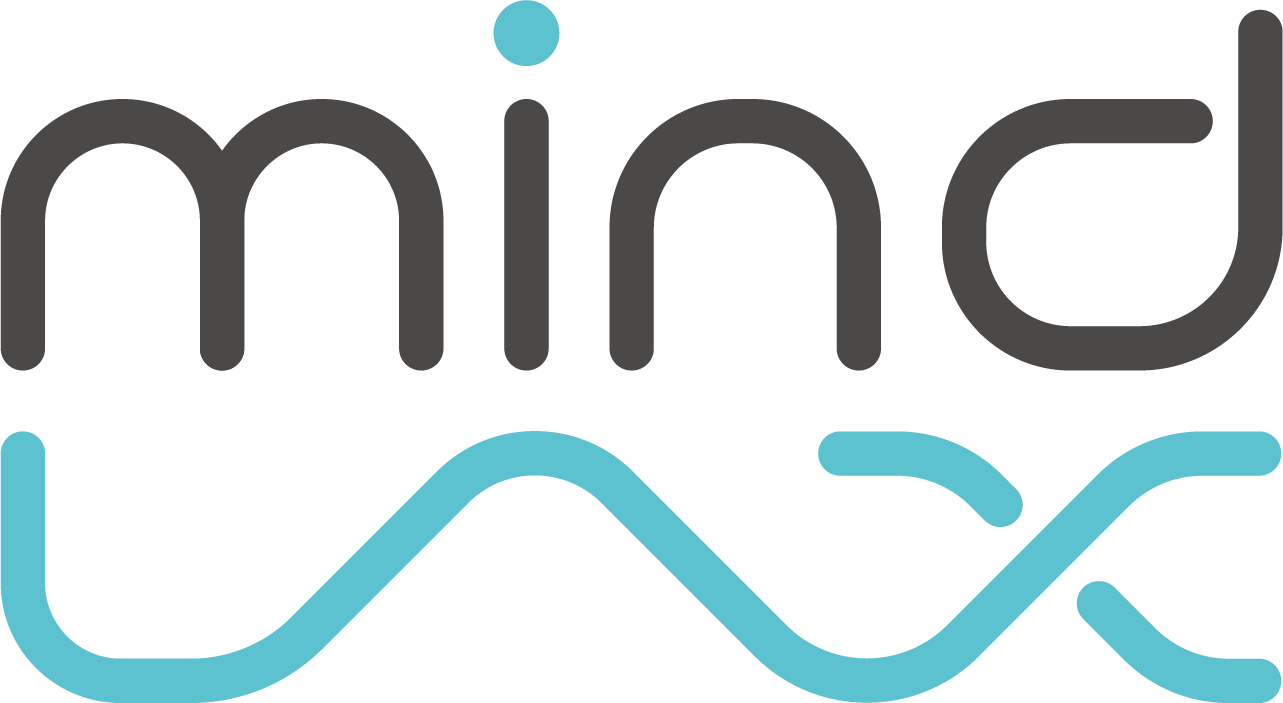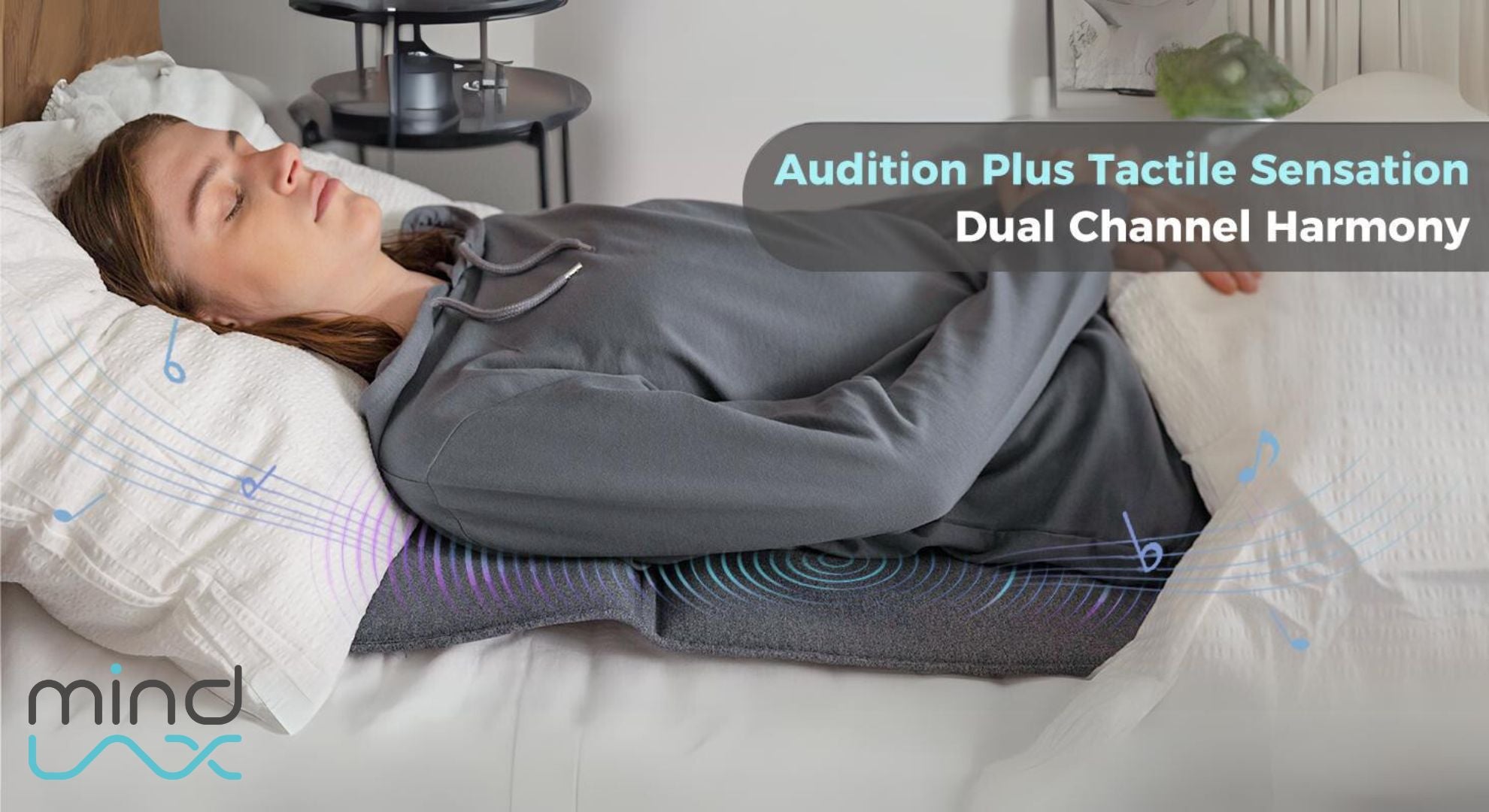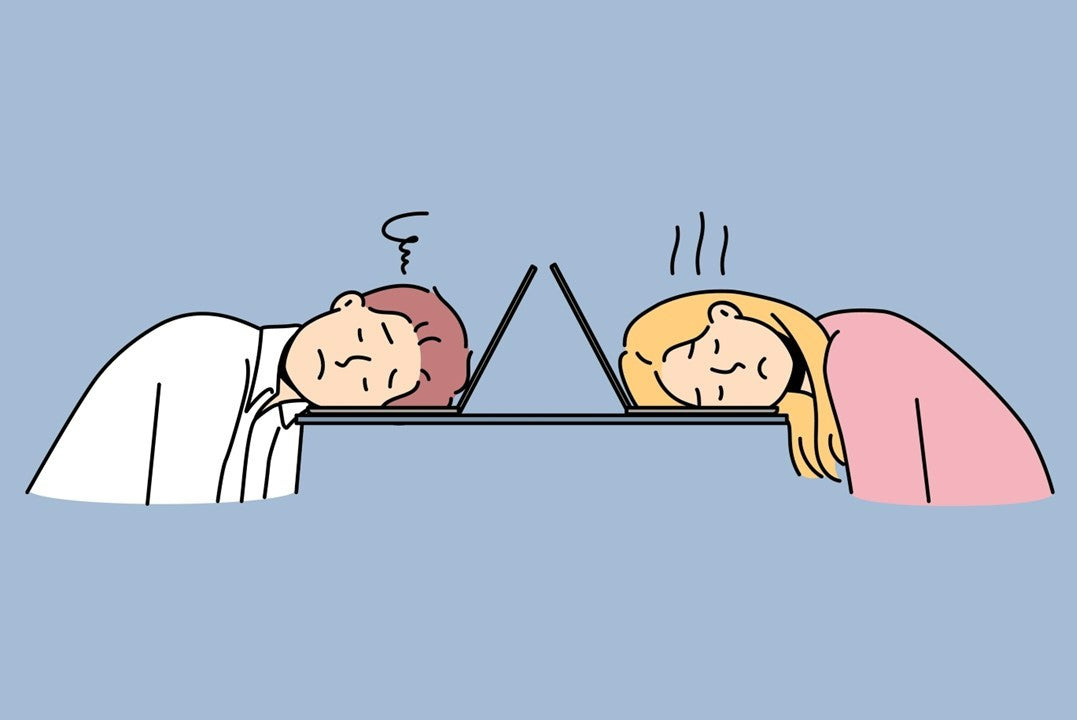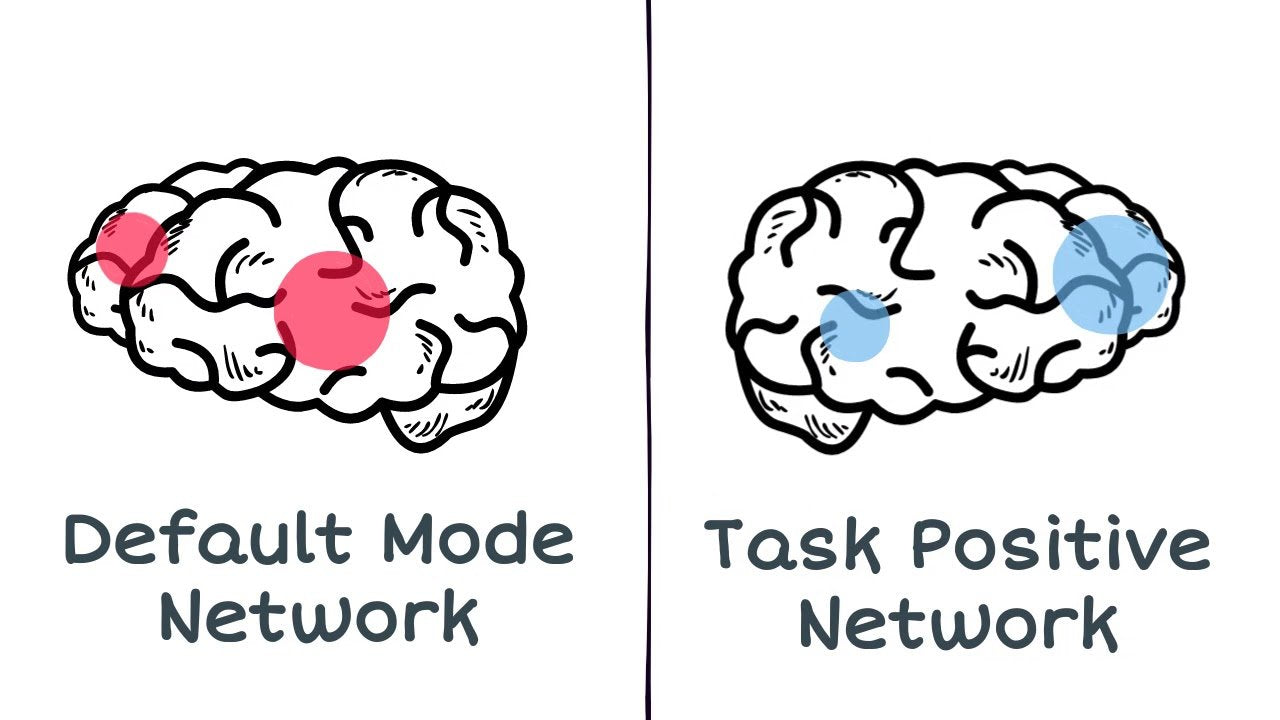"There's no specific reason, but I consistently feel lethargic." "Despite getting enough sleep, the feeling of exhaustion persists." "After a day of outdoor relaxation, my mind remains foggy." If you're experiencing any of the aforementioned situations, you may be more fatigued than you realize.
Dr. Osami Kajimoto, an expert in fatigue medicine at the Department of Medical Science on Fatigue, Osaka City University Graduate School of Medicine, defines this as unnoticed fatigue. Kajimoto led the "exploring the causes of fatigue" project, launched in 2003 in collaboration with universities, government agencies, pharmaceutical manufacturers, and other organizations. He conducted research to investigate the mechanisms of fatigue. During the project, when studying the fatigue levels of men and women after exercise or work, the most significant changes were observed not in the muscles but in the brain.
Previously, fatigue was believed to be caused by physical exhaustion or the buildup of lactic acid in the muscles. However, recent findings indicate that the autonomic nervous system plays a more significant role in fatigue.
"Consider light jogging, for example. Your muscles won't feel sore afterward, but the autonomic nervous system continues to send commands to the circulatory system, respiratory system, sweat glands, and other organs to ensure they function properly, supplying necessary oxygen and regulating body temperature. It's not the muscles that tire, but rather the autonomic nervous system itself."
So, is there anything we can do to prevent the autonomic nervous system from functioning poorly? Kajimoto suggests, "Sleep is crucial. Get enough quality sleep." It's not just about sleeping; it's essential to have a restful night's sleep and minimize dysfunction in the autonomic nervous system.

The amount of sleep required varies for each individual. A simple measure is to observe the time it takes to wake up naturally without an alarm clock. If your natural waking time on holidays aligns with your regular sleep duration, it indicates that you are getting sufficient sleep. Generally, adults need 7-9 hours of sleep per day, although individual needs may vary. To enhance sleep quality, you can try the following methods:
1. Establish a regular sleep schedule: Try to go to bed and wake up at the same time every day. This helps regulate your biological clock and improve sleep quality.
2. Create a comfortable sleep environment: Ensure your bedroom is quiet, dark, and cool. Use a comfortable mattress and pillow and maintain good ventilation.
3. Avoid stimulating substances: Refrain from consuming caffeine and alcohol, among other stimulating substances, a few hours before bedtime. Caffeine can disrupt your sleep, while alcohol may result in unstable sleep.
4. Relax your body and mind: Engage in relaxation activities before sleep, such as meditation, deep breathing, taking a warm bath, or reading. Avoid vigorous physical activity or stimulating tasks before bedtime.
5. Regular exercise: Moderate physical activity can help you fall asleep more easily and improve sleep quality. However, be cautious about intense exercise before bedtime, as it can stimulate your body.

Additionally, you can quickly achieve high-quality sleep through gentle intervention. MindLax, leveraging our proprietary tactile neural technology, is dedicated to improving sleep and mood. Our flagship product, the MindLax Sleeping Mat, is a state-of-the-art sleep aid and deep relaxation solution designed for individuals facing high-pressure anxiety. By immersing users in a tactile sensory scene and providing guided input and regulation, it can help you fall asleep quickly and effectively improve fragmented sleep. Currently, the product has been used over 100,000 times, with 90% of users providing feedback that it helps improve sleep and enables them to fall asleep within 15 minutes.







Leave a comment
This site is protected by reCAPTCHA and the Google Privacy Policy and Terms of Service apply.